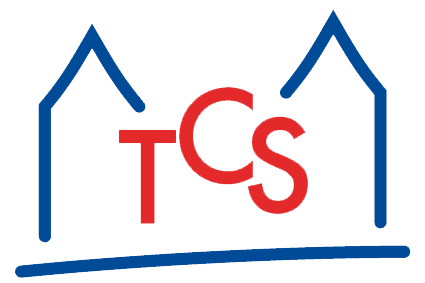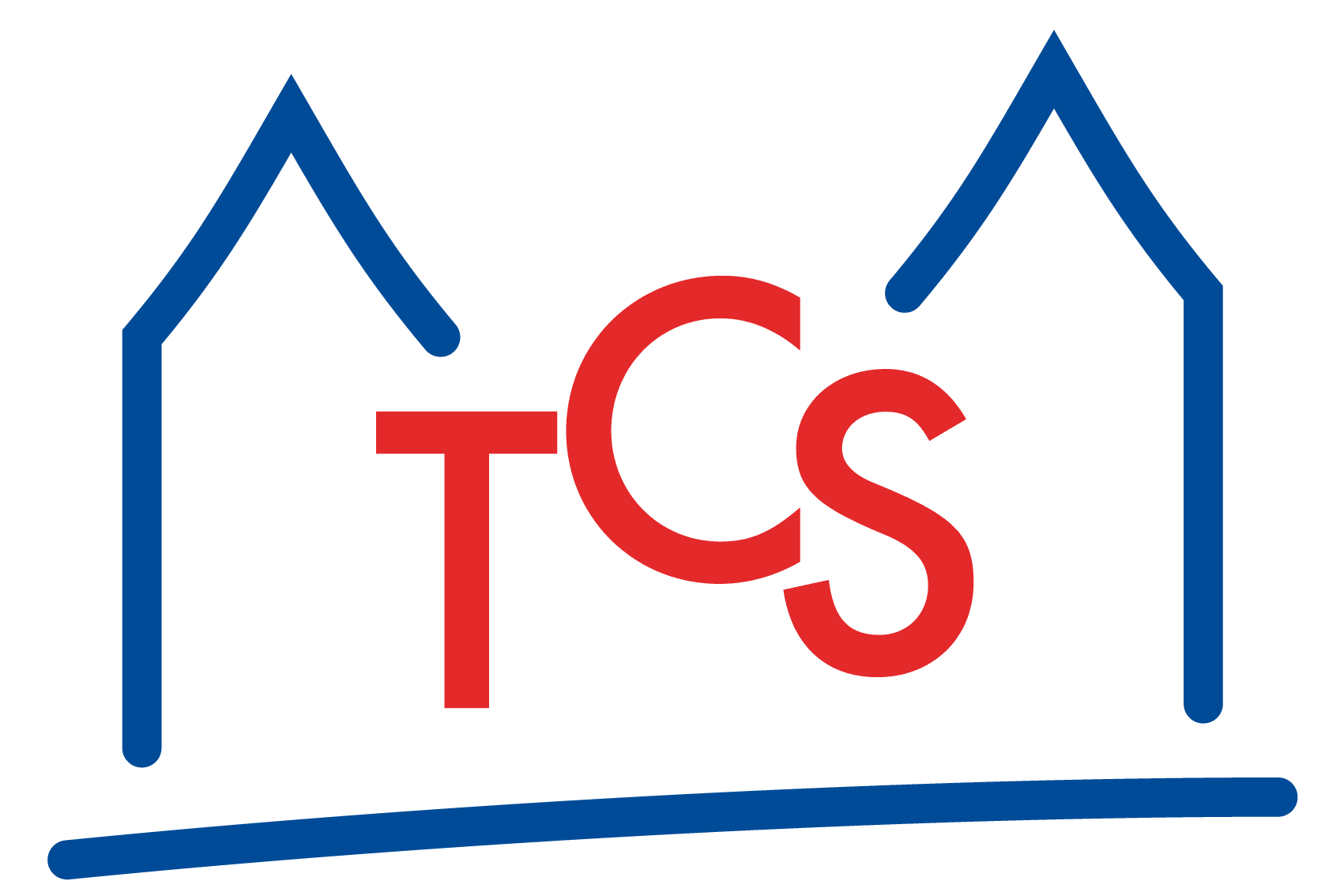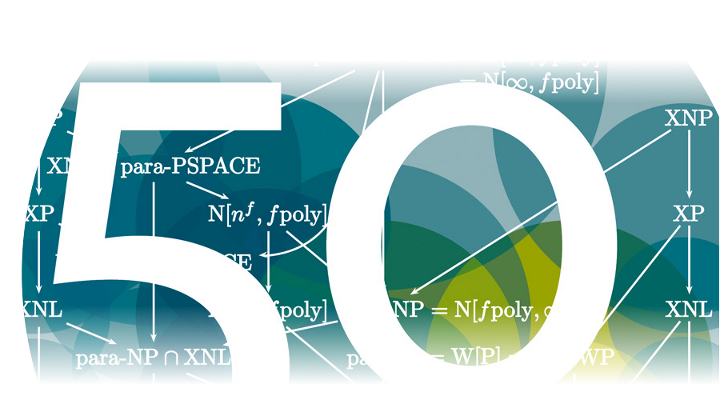Partial information classes are relaxations of
standard complexity classes where problems are not
solved fully but only in part, which turns out to be
sufficient in a number of applications. Truth-table
reductions are a tool from structural complexity
theory used to quantify the stability and relative
difficulty of complexity classes.
A rich variety
of notions studied in the literature, including
p-selective, semirecursive, cheatable and
approximable languages to name a few, are special
cases of the general notion of a partial information
class. As partial information classes can be
represented purely combinatorially by so-called
families, all of the different notions of partial
information can be compared by comparing
families. In the first part of the thesis, the
combinatorial properties of families are studied and
as a consequence several new results on partial
information classes are obtained, including a
generalisation of the Generalised Non-Speedup
Theorem.
In the second part, the stability and
relative difficulty of partial information classes
are analysed using truth-table reduction
closures. The main result obtained is, that these
closures may also be represented purely
combinatorially, thus reducing the inclusion problem
of truth-table closures of partial information
classes to finite combinatorics. Once more, an
analysis of the combinatorics yields novel results
on the truth-table closures themselves. We also give
a new proof that all bounded truth-table closures of
the p-selective languages differ.




